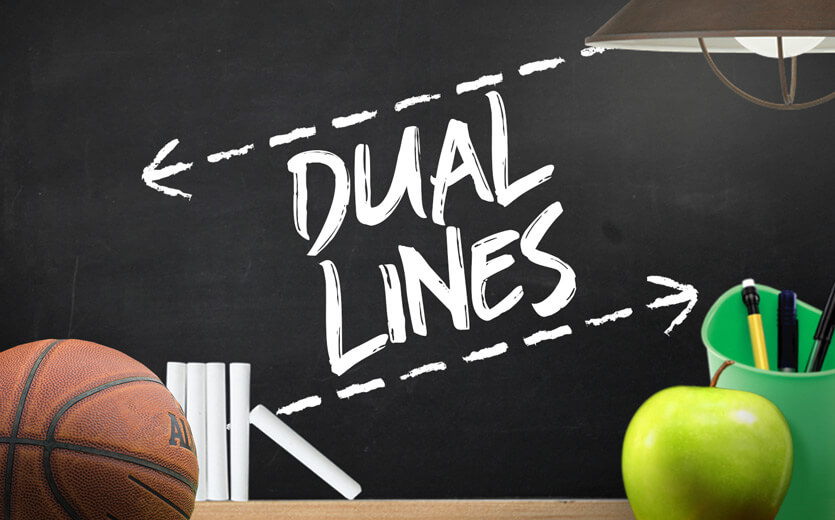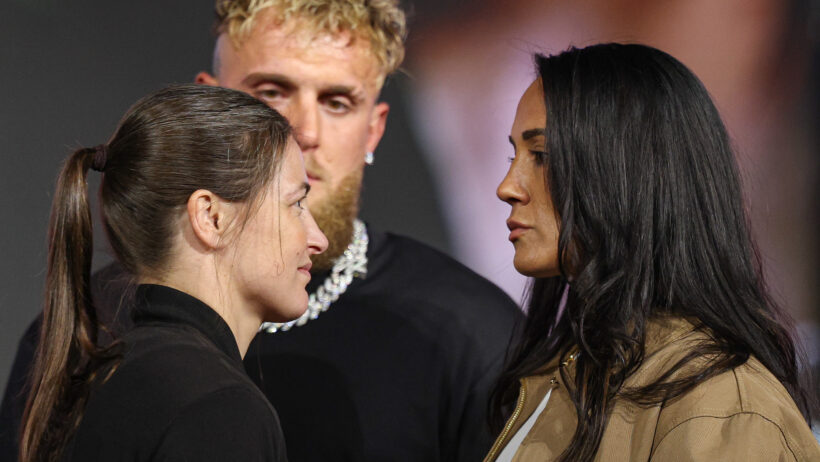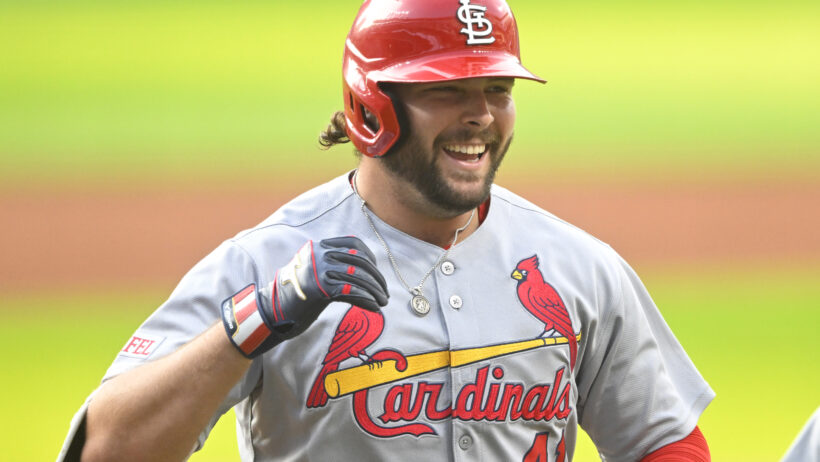What are Dual Lines? Learn a Tactic Sportsbooks Use to Stifle Sharp Bettors
By Sascha Paruk
Updated:

- Some sportsbooks offer different odds to “sharp” bettors and “public” bettors
- This practice is known as posting “dual lines”
- There are both advantages and drawbacks, depending on how you like to bet
If you are either a very skilled or a very lucky sports bettor, you may have noticed the following phenomenon when you visit your sportsbook of choice.
When you first navigate to the site and have yet to sign in, you see a certain set of odds. But after you sign in, you see a slightly different set of odds, one that is offering less value on underdogs.
If this has happened to you, you are well beyond our Betting 101 article series. If this is not something you’ve experienced, keep reading to learn more about dual lines, including why sportsbooks post dual lines and what practical effects the practice has for everyday bettors.
What Are Dual Lines?
The phrase “dual lines” is just a fancy way of saying “two sets of odds.” Some sportsbooks employ the practice of posting dual lines in order to protect themselves against sharp bettors.
If the public sees the following set of odds:
Public’s Version of a Dual Betting Line
| Team | Moneyline | Spread |
|---|---|---|
| Duke Blue Devils | -2200 | -17.5 (-110) |
| Nobody State Dung Beetles | +1000 | +17.5 (-110) |
… sharps might see these, instead:
Sharp’s Version of a Dual Betting Line
| Team | Moneyline | Spread |
|---|---|---|
| Duke Blue Devils | -2000 | -17.0 (-105) |
| Nobody State Dung Beetles | +850 | +17.0 (-115) |
Editor’s note: If you need a refresher, you can brush up on how to read moneyline and point-spread odds here.
In order to understand why sportsbooks use different lines for sharp bettors, it’s first necessary to understand what a sharp bettor is.
What Is a Sharp Bettor?
There’s no universally accepted definition of a “sharp,” but in the context of dual lines, it basically refers to bettors who only/mostly wager when their prediction models show positive expected value.
Oh boy. We’re getting further down the rabbit hole. What the heck is “positive expected value”?
What Is Positive Expected Value (+EV)?
Positive expected value (or “+EV”) results when the likelihood of an event occurring (say, the Duke Blue Devils winning NCAA Tournament) multiplied by the potential payout on that event (say, +250, so you are paid out $350 on a $100 bet) equals more than the likelihood of that same event not occurring multiplied by the amount wagered.
[+EV] results when the likelihood of an event occurring … multiplied by the potential payout on that event … equals more than the likelihood of that same event not occurring multiplied by the amount wagered.
Let’s use the hypothetical Duke example to illustrate.
Imagine that a sharp bettor creates a simulation model that runs the college basketball season 10,000 times. In those 10,000 simulations, Duke wins 3,000 times (or 30% of the time) and loses 7,000 times (or 70%).
This particular betting model says there is positive expected value on the Blue Devils at +250 to win the title.
Here’s why …
- $250 x .30 = $75
- $100 x .70 = $70
- $75 > $70
Obviously, $75 isn’ta lot more than $70, so this wouldn’t be a terribly strong +EV play. But it’s +EV, nonetheless, because the expected reward exceeds the expected loss.
Why Do Sharp’s Tend to See Worse Odds on Underdogs?
Dual lines almost always give sharps worse payouts/odds on underdogs because that’s where the +EV wagers tend to reside.
In the long history of sports betting there has been a noticeable trend among non-professional bettors: they love betting big-name favorites and will do so even when the odds don’t justify it.
Teams that the public bets on to an irrational degree are called “public” teams. (Scroll halfway down this article explaining the point spread to see a conservative list of “public” teams.)
The odds that sportsbooks post for public teams are inflated because they know the public will bet on them heavily. In order to encourage equal betting on both sides, they need to give public bettors more of an incentive to bet on non-public teams.
But once a sportsbook figures out that you (or anyone) is a sharp and is largely betting on the opposite side of those inflated lines, they adjust. They show those bettors different lines that eradicate the +EV plays.
Are Dual Lines Always a Bad Thing?
They are a bad thing for sharp bettors, on the whole, because they tend to reduce the number of +EV options on the board. But they’re not all bad. While they take away many +EV wagers from sharps, they will create some others in the process.
Sharps will have to search harder for the +EV plays that still exist, but they will still be out there, and now more of them could potentially be on public teams.
For those still considered “public bettors,” dual lines can be a great thing. Unless you are dead-set on always betting big favorites and popular teams, the public version of the odds can level the playing field for inexperienced bettors against the sportsbook.
To learn more about the basics of betting, read the following:
Once you have the basics down, check out our sportsbook reviews to find the site that will work best for your particular betting style.

Managing Editor
Sascha has been working in the sports-betting industry since 2014, and quickly paired his strong writing skills with a burgeoning knowledge of probability and statistics. He holds an undergraduate degree in linguistics and a Juris Doctor from the University of British Columbia.



